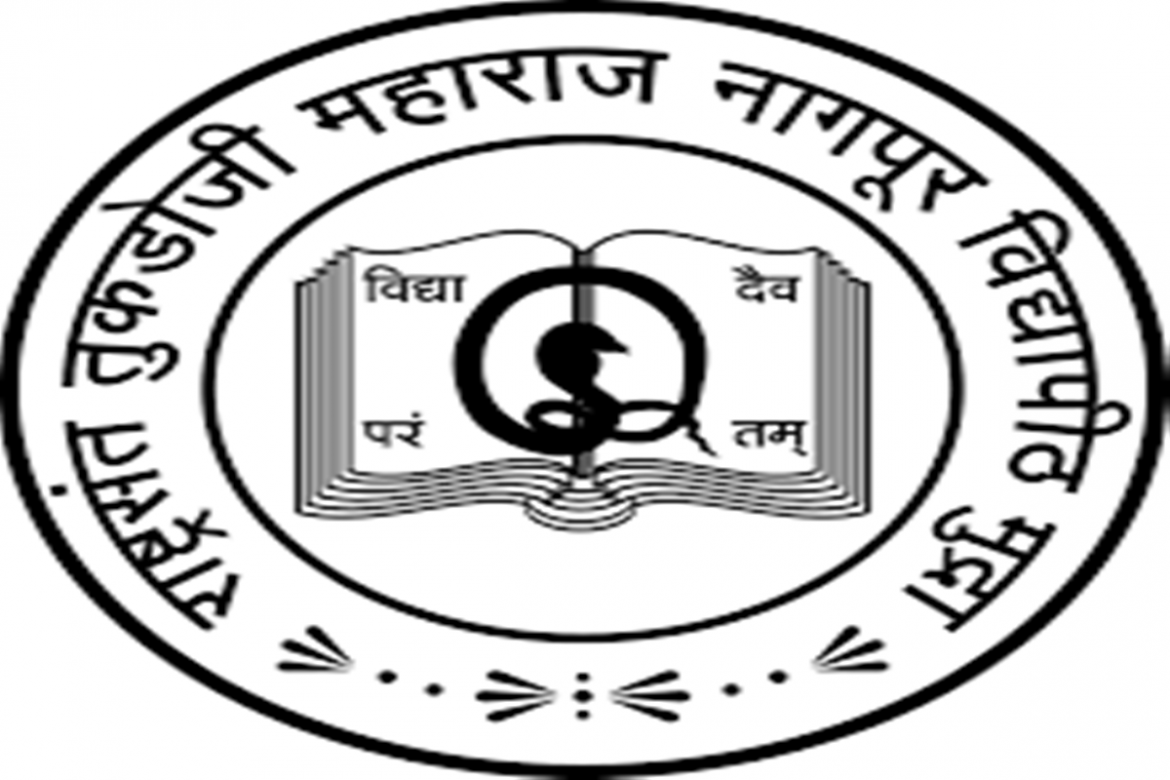Rashtrasant Tukadoji Maharaj Nagpur University Senate passed Rs 346 crore annual budget on Tuesday. Greater emphasis has been laid on promotion of research, developing infrastructure, digitalisation of university work and installation of solar powered system to save electricity. The budget was presented by senior member Principal R G Bhoyar, in the on-line meeting. The meeting was adjourned at 5:30 pm and will be held on Wednesday for discussion on other issues on the agenda.
Talking to The Live Nagpur Principal Bhoyar stated that while laying greater emphasis on research, the University has extended the benefits to the affiliated colleges also. Besides major provisions for the University Departments, Rs 1 crore has been earmarked for research activities in the affiliated colleges. Bhoyar also informed about the provision for the construction of a new hostel for the students in the premises near the University’s Dr Babasaheb Ambedkar Law College. Renovation of old hostels will also be undertaken.

In an effort to save electricity, installation of solar power generation system has been proposed in the budget. The experiments will be undertaken in the post-graduate teaching campus, new Administrative Building, and Pariksha Bhavan near LIT. In the budget besides shifting to solar energy, further provision has been made for protection of environment. A provision of Rs 5 crore has been made for the purpose.
The greatest problem the university is facing for the last several years, is lack of adequate teaching staff. Following ban on recruitment by the government almost half of the teaching posts are vacant. Recruitment to some extent was allowed later. However, the university spends about Rs 10 crore annually from its general fund on payment of temporary teachers. The issue will be followed with the government.
The suggestion made by Bhoyar to start a dedicated TV channel for conducting university classes was innovative. But there are many hardships in starting the channel independently. Huge infrastructure for production and distribution links will be required. The University is likely to make an appeal to the government to consider the proposal and provide money for it.
A large number of members faced problems due to frequent interruptions in network. The connectivity was poor, which resulted in an incomplete discussion on several issues. Examination fees was a major issue for discussion, which could not be effectively discussed, the members have alleged. Besides fees about 40 per cent of students who have no access to Android Phones face problems in attending on-line tuition classes, Majority of them are from remote rural areas and from an economically weaker section.
👉 Click here to read the latest Gujarat news on TheLiveAhmedabad.com




